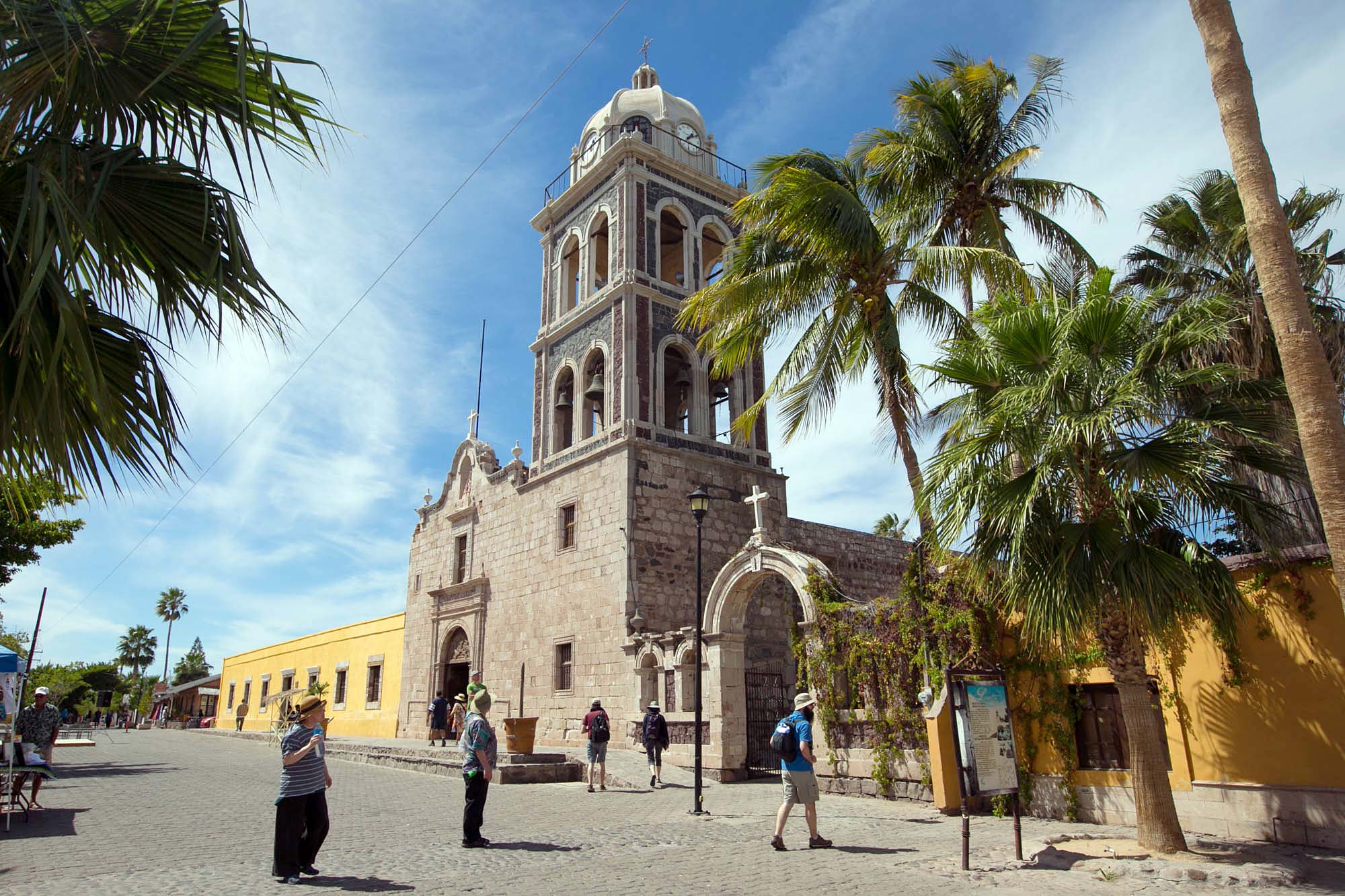A Promising Land
- A Promising Land Chords
- A Promising Land By David
- A Promising Landing
- Promised Land Author
- A Promising Landscape
- A Promising Landfill
A Promising Land Small towns in the South are looking for a few good Jewish families. The Herald (Melbourne, Vic.: 1861 - 1954), Tue 23 Jan 1923, Page 16 - A PROMISING LAND You have corrected this article This article has been corrected by You and other Voluntroves This article has been corrected by Voluntroves. Be very careful, when promising allies land. Not fulfilling that promise is a massive trust hit (-30 if no land was given, -20 if not enough land was given), this usually means the alliance is over (Below 30 trust autobreaks the alliance), unless your ally trusted you highly before.
A riveting, deeply personal account of history in the making—from the president who inspired us to believe in the power of democracy
In the stirring, highly anticipated first volume of his presidential memoirs, Barack Obama tells the story of his improbable odyssey from young man searching for his identity to leader of the free world, describing in strikingly personal detail both his political education and the landmark moments of the first term of his historic presidency—a time of dramatic transformation and turmoil.
Obama takes readers on a compelling journey from his earliest political aspirations to the pivotal Iowa caucus victory that demonstrated the power of grassroots activism to the watershed night of November 4, 2008, when he was elected 44th president of the United States, becoming the first African American to hold the nation’s highest office.
Reflecting on the presidency, he offers a unique and thoughtful exploration of both the awesome reach and the limits of presidential power, as well as singular insights into the dynamics of U.S. partisan politics and international diplomacy. Obama brings readers inside the Oval Office and the White House Situation Room, and to Moscow, Cairo, Beijing, and points beyond. We are privy to his thoughts as he assembles his cabinet, wrestles with a global financial crisis, takes the measure of Vladimir Putin, overcomes seemingly insurmountable odds to secure passage of the Affordable Care Act, clashes with generals about U.S. strategy in Afghanistan, tackles Wall Street reform, responds to the devastating Deepwater Horizon blowout, and authorizes Operation Neptune’s Spear, which leads to the death of Osama bin Laden.
A Promised Land is extraordinarily intimate and introspective—the story of one man’s bet with history, the faith of a community organizer tested on the world stage. Obama is candid about the balancing act of running for office as a Black American, bearing the expectations of a generation buoyed by messages of “hope and change,” and meeting the moral challenges of high-stakes decision-making. He is frank about the forces that opposed him at home and abroad, open about how living in the White House affected his wife and daughters, and unafraid to reveal self-doubt and disappointment. Yet he never wavers from his belief that inside the great, ongoing American experiment, progress is always possible.
This beautifully written and powerful book captures Barack Obama’s conviction that democracy is not a gift from on high but something founded on empathy and common understanding and built together, day by day.
Crown is proud to partner with these international publishers for the worldwide publication of A Promised Land. An English-language edition will be published in the UK and British Commonwealth territories by Viking, an imprint of Penguin General Books at Penguin Random House UK. It will also be available in the following languages:
German Penguin Verlag/Penguin Random House Verlagsgruppe Portuguese Brazil Companhia das Letras Portuguese Portugal Objectiva/Penguin Random House Grupo Editorial Spanish Debate/Penguin Random House Grupo Editorial French Editions Fayard Albanian Dudaj Publishing Arabic Hachette Antoine/Naufal Bulgarian SoftPress Complex Chinese Business Weekly Group Czech Argo Danish Lindhardt og Ringhof Dutch Hollands Diep
Portuguese Portugal Objectiva/Penguin Random House Grupo Editorial Spanish Debate/Penguin Random House Grupo Editorial French Editions Fayard Albanian Dudaj Publishing Arabic Hachette Antoine/Naufal Bulgarian SoftPress Complex Chinese Business Weekly Group Czech Argo Danish Lindhardt og Ringhof Dutch Hollands Diep  Finnish Otava Publishing Company Greek Athens Bookstore Publications
Finnish Otava Publishing Company Greek Athens Bookstore Publications A Promising Land Chords
Hebrew Yedioth Books Hungarian HVG Publishing Co. Italian Garzanti Japanese Shueisha Korean Woongjin Think Big Co., Ltd. Lithuanian Alma Littera Norwegian Cappelen Damm Polish Agora Publishing House Romanian Editura Litera Swedish Albert Bonniers förlag Vietnamese First News - Tri Viet Publishing Co., Ltd.This year, at 23 years old, I’m going to observe Simchat Torah for the first time ever.
The child of an interfaith home — Jewish mother, Catholic father — I’ve been on a lifelong journey to determine the contours of my identity as a Jew and the extent I want to observe holidays and mitzvot. Though I was raised unambiguously as a Jew, I attended Catholic school for most of my life and ended up celebrating more holidays with my Catholic side of the family than with the Jewish one. I would show my face at High Holiday services only occasionally as a teenager, and even less as a college student. At that point, I concluded that I was agnostic. Yet there remained some element of me that was undoubtedly Jewish — but hard to articulate.
2020 and 5781 have a way of putting things in perspective.
This year, the High Holidays and subsequent fall holidays, including Sukkot, Shemini Atzeret and Simchat Torah, occur only a short time before an extremely consequential presidential election in the United States. We were met, on Erev Rosh Hashanah, with the grim news of Ruth Bader Ginsberg’s death. On Yom Kippur, we were met with the release of President Trump’s shocking (or not so shocking) tax returns. And just as Sukkot was about to begin, news of Trump’s COVID-19 diagnosis came. All of this is occurring during a national moment already made chaotic by social upheaval and the pandemic. And for me, the New Year also corresponds to an upheaval in my personal life, as I have just begun pursuing my master’s in religion at Harvard Divinity School after a year off from school.
For these reasons, I’ve been returning to Judaism for guidance and have been more attentive than ever to not just the ritualistic aspect of our holidays, but the messages that they send. I think that Simchat Torah — which roughly translates to “rejoicing in Torah” — is particularly relevant this year of all years, not only for myself but for everyone.
The festival celebrates the conclusion of the year-long public reading of the Torah from Genesis 1 to Deuteronomy 34 and the immediate beginning of the next cycle. During a non-pandemic year, we’d gather in the synagogue to rejoice in the Torah by removing its scrolls from the ark, circling the bimah, singing and dancing, and reading the end of Deuteronomy.
A Promising Land By David
I, of course, will not be spending my first Simchat Torah in the sanctuary because of COVID-19, so I have chosen to observe the festival by reflecting on the message in the final two chapters of Deuteronomy, which chronicle Moses’ final blessing and death upon arrival at the Promised Land and the transfer of power to Joshua.
Leadership during a time of change plays an important role in these last chapters of the Torah. Moses, the great Israelite prophet and leader whose narrative shapes so much of the Torah, is finally on his deathbed after a long journey towards the Israelites’ Promised Land. His final blessing over the Israelites is triumphant and hopeful.
A Promising Landing
When he passes, the Israelites mourn the loss of their leader for the traditional period of 30 days, at the end of which they move on, apparently accepting the new leadership of Joshua without question. His potential for leadership is not described, but it’s implied in Moses’ decision to name Joshua as his successor, which is commanded by God.
Promised Land Author
The message here is that while there will be leaders, even good leaders, like Joshua, Moses will remain the quintessential and unmatchable prophet-leader for the rest of history. This favors personal reliance on and connection to Torah and the memory of Moses over reliance on any particular leader of the moment. This message is extremely important for American Jews (and non-Jews!) today.
Like the Ancient Israelites, we are also in a time of change in terms of our national leadership. Simultaneously, I believe we are also at the edge of a promised land, or at the very least a more promising land; both pandemic and protest are exposing the flaws in our fundamental systems, spurring important public discourse about how to address those flaws.
Yet, unlike the Israelites, we do not have a Moses figure to guide us. Depending on your opinion of Joe Biden, there may not even be a Joshua figure in the picture. But, as Deuteronomy teaches us, we don’t need a Moses figure to lead us forward to a better future, so long as we can remember Moses’ wisdom and follow his example.
As there are infinite ways to be Jewish, there are infinite ways to follow the example of Moses. The most immediate way is, of course, to honor and observe Torah, but from my own experience I know that this doesn’t necessarily work for everyone. Besides, there are important practical analogues in our civic and social lives.
For many, emulating Moses will mean exercising their civic duty and voting; for others, it will mean taking to the streets to protest racism, police brutality, and mass incarceration. No matter the method, to follow in the example of Moses is to share in spirit of tzedek tzedek tirdoff, “Justice, justice, shall you pursue,” Moses’s instruction to the Israelites from earlier in Deuteronomy.
While I won’t be dancing with a Torah this year, Simchat Torah has offered me the opportunity to reframe my Jewish identity in terms of the mosaic obligation to justice as I go forth in the New Year.
A Promising Landscape
In light of the pandemic and upcoming election, we should all seek to be leaders to ourselves and others in the tradition of justice established by Moses. It is through the tenacious pursuit of justice that we can help our nation reach a promised (or promising) land that abolishes racist institutions and practices, fights fascism and white supremacy, and uplifts the dignity of all citizens.
A Promising Landfill
Header image: Statue of Moses, photo by pejft/Getty Images.
